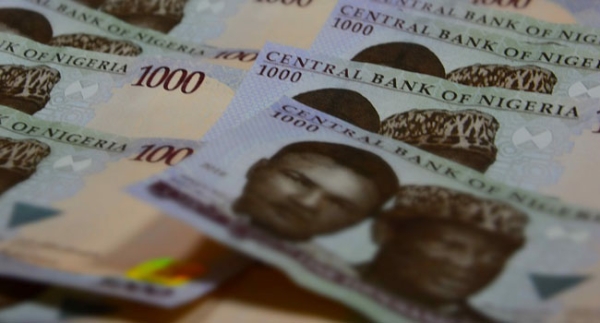The budget office of the federation says the government spent N5.78 trillion on debt servicing in the first nine months of 2023.
In its 2023 third quarter (Q3) budget implementation report released on Monday, the office said the figure is higher than the prorated projection of N4.91 trillion in the 2023 budget.
This represents an increase of N869.38 billion (17.68 percent).
The budget office said interest on ways and means during the period amounted to N1.69 trillion.
“The sum of N2,901.60 billion was used for domestic debt servicing, a difference of 430.27 billion (17.41 percent) from the prorated projection for the period, while N1,189.32 billion was spent on external debt servicing during the period under review,” the office said.
“A total of N1,225.73 trillion was released and cash-backed to MDAs for their 2023 capital projects and programmes during the period.
“Available fiscal data revealed that only N962.84 billion (78.56 percent) of the total amount released and cash-backed was utilized by MDAs as at 30 September, 2023.”
The budget office said the revenue and expenditure outturn of the government resulted in a fiscal deficit of N4.4 trillion between Q1 and Q3 last year.
According to the office, this is N4.29 trillion (49.32 percent) below the projected N8.7 trillion deficit for the reviewed period last year.
“It was however below the N5,991.12 billion deficit that was recorded in corresponding period of 2022,” the office said.
“The deficit was financed through domestic borrowing of N3,430.0 billion thereby reflecting a negative net financing of N979.49 billion in the period under review.”
The budget office said the nation’s economy grew by 2.54 percent in Q3 2023, a sign that the Nigerian economy has continued to recover from the second recession in six years.
The agency attributed the positive growth performance in the quarter under review to the effect of some measures put in place to curtail the negative impact of external shocks and crude oil theft.
Other measures include the recent rise in global economic activities, the associated rise in international crude oil demand and price, as well as various incentive packages executed by the government.
The budget office added that the positive trend is expected to continue in the last quarter of 2023 and beyond.


